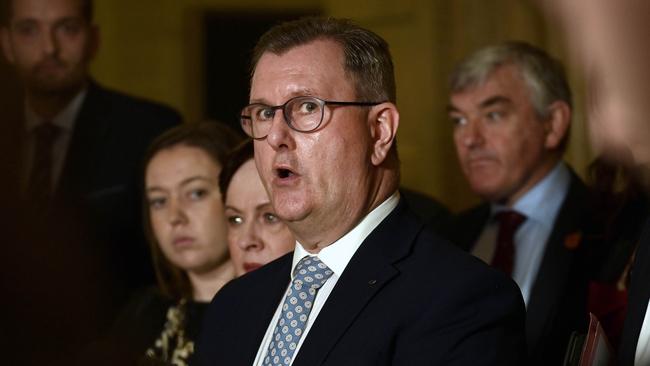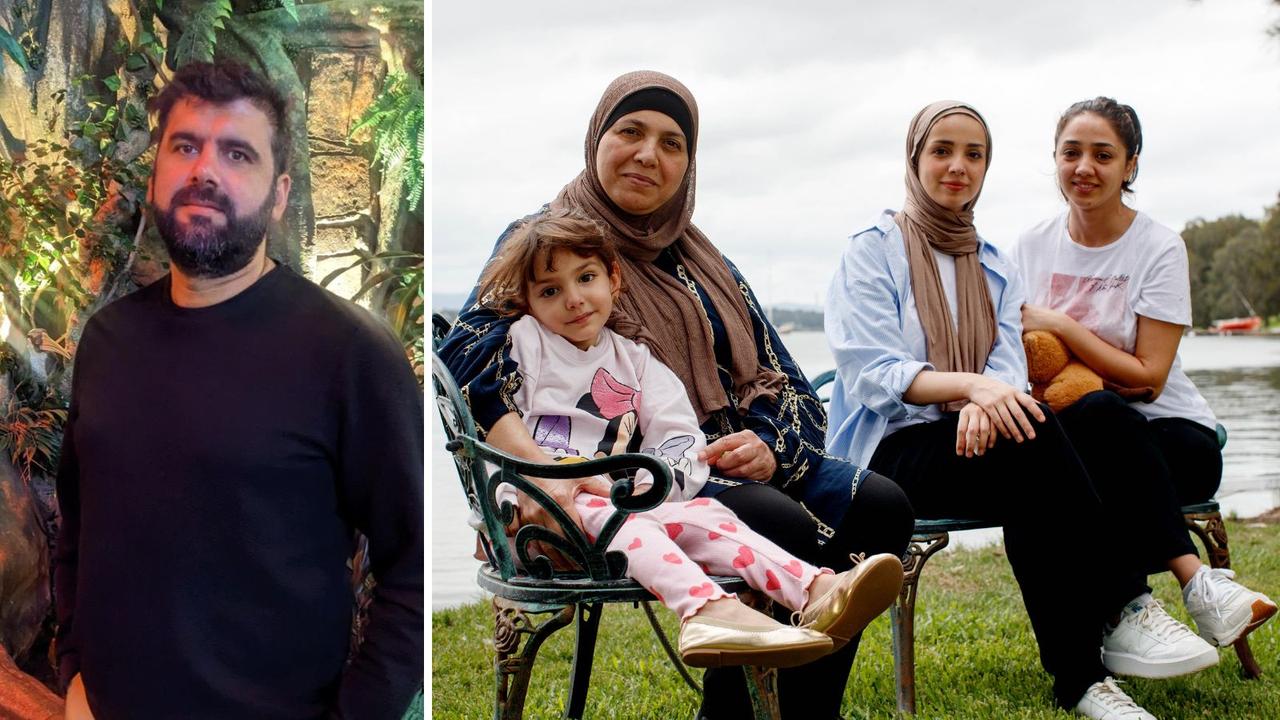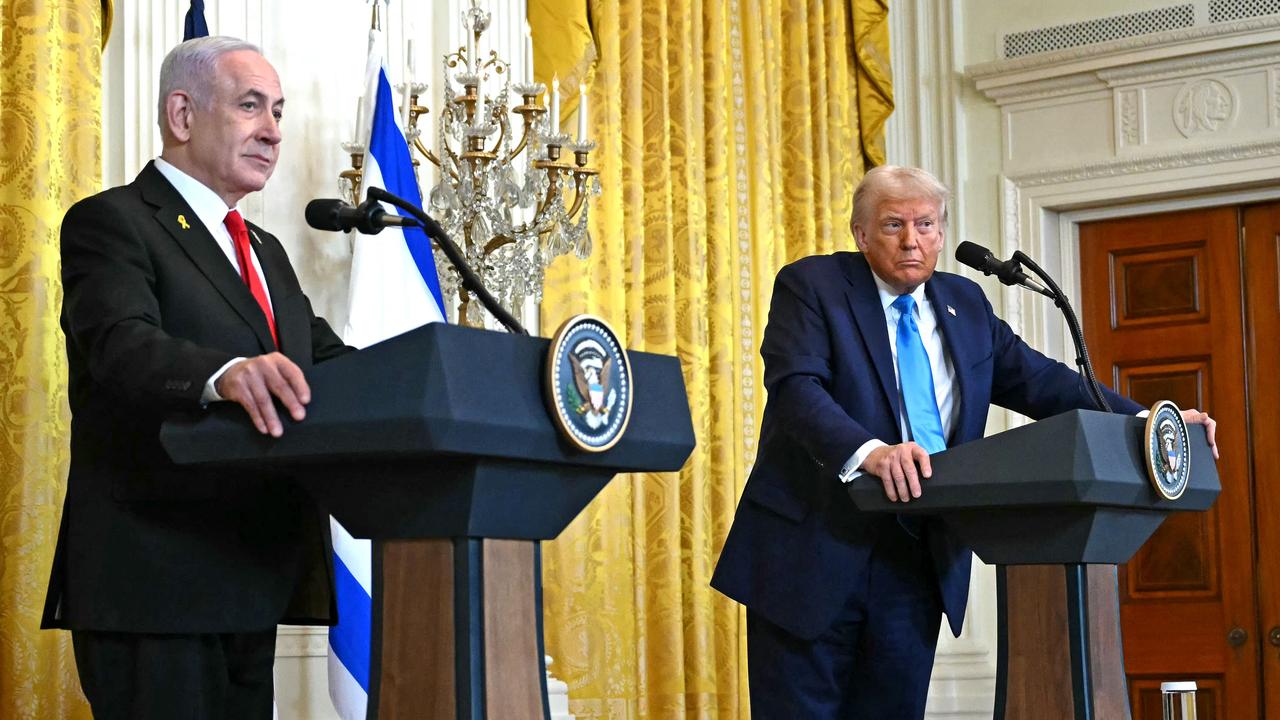N Ireland set for fresh elections as deadline to restart expires
MPs reconvened for the first time in months for a special sitting but failed to elect a speaker needed to form a new executive.

A deadline to resume power-sharing in Northern Ireland passed at midnight on Thursday, setting the province on a course to its second election this year amid a stand-off over divisive post-Brexit trade rules.
The expiration of the legal cut-off point for the creation of a joint executive between republicans and unionists, which the British government has vowed to enforce, came after parties made a last-ditch attempt to restart Northern Ireland’s devolved assembly.
In an argumentative Thursday session, MPs briefly reconvened for the first time in months for a special sitting but failed, in a widely anticipated outcome, to elect a speaker needed to form a new executive.
The Democratic Unionist Party blocked the resumption of power-sharing due to concerns about the Northern Ireland Protocol governing post-Brexit trade. The party has boycotted the assembly since February, and despite the results of May elections, calling for the protocol to be overhauled or scrapped entirely.
DUP leader Jeffrey Donaldson said on Thursday the party would not vote for a new speaker because insufficient action had been taken to address their demands since the executive collapsed.
“We need to remove the rubble of the protocol that has undermined our economy, that has inhibited our ability to trade within our own country,” he said ahead of the failed vote.
Sir Jeffrey said the arrangements “changed our constitutional status without our consent” and were “harming businesses and driving up the cost of living for every single person in Northern Ireland”.
However, Matthew O’Toole of the Social Democratic and Labour Party said holding another election was a “farce” and that the continued boycott had left him “ashamed of this place”.
New British Prime Minister Rishi Sunak had implored the parties to “get back to Stormont”, arguing that people deserved a fully functioning and locally elected executive.
Sinn Fein leader Michelle O’Neill – who was set to become first minister if the executive was restarted – condemned the DUP’s “perpetual standoff with the public, the majority of whom they do not speak for or indeed represent”.
AFP


